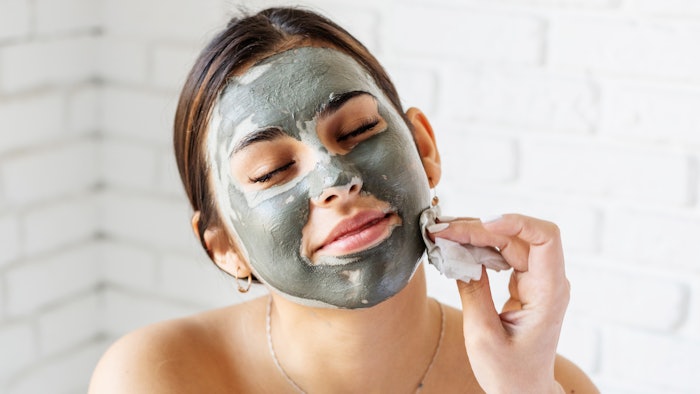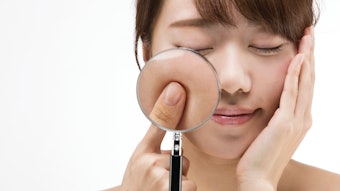
The International SPA Association (ISPA) Foundation released Volume XI of its Consumer Snapshot initiative, "New Era, New Consumer." The study was commissioned in partnership with PricewaterhouseCoopers (PwC) and aimed to investigate "habits, attitudes and expectations of consumers (spa-goers and non-spa-goers alike) as they consider the lingering effects of the COVID-19 pandemic and continue to evaluate concerns surrounding their physical and mental well-being."
The ISPA Consumer Snapshot series evaluated spending habits, taking respondents' income levels, age and gender into consideration. Results revealed that 47% of participants prefer a hybrid approach for spa services, meaning they enjoy professional services and supplementing treatments with at-home care. The study highlighted attitudes about self-care, the factors that influence their decision to visit a spa, their spa-going habits and their purchasing trends. Another huge factor cited was respondents' opinions on where the future of these services are headed with their high demand and lower staffing levels.
Although staffing is a concern, the study found that the spa industry seems to be in a position to meet the needs of spa-goers moving forward. It was revealed that 58% of participants had their first spa visit in the last two years and 39% said they are likely to visit the spa more often than pre-pandemic.
With self-care at the forefront, spa facilities will continue to hold their strong position, with 65% of spa-goers stating they will continue to focus on their health and well-being moving forward.
“Consumer attitudes, like so much else, have shifted significantly in the last two-plus years,” said ISPA president Lynne McNees. “This research provides insight into those shifts and will allow our members to make data-driven decisions for their businesses as they seek to bring the benefits of spa to more people and continue the industry’s robust recovery.”
“Understanding how consumers view their relationship with spa—and, importantly, how that relationship may have been changed by the events of recent years—will afford leaders and professionals around the spa industry the opportunity to step into this new era with greater confidence,” says PwC Global Research Leader Colin McIlheney.










